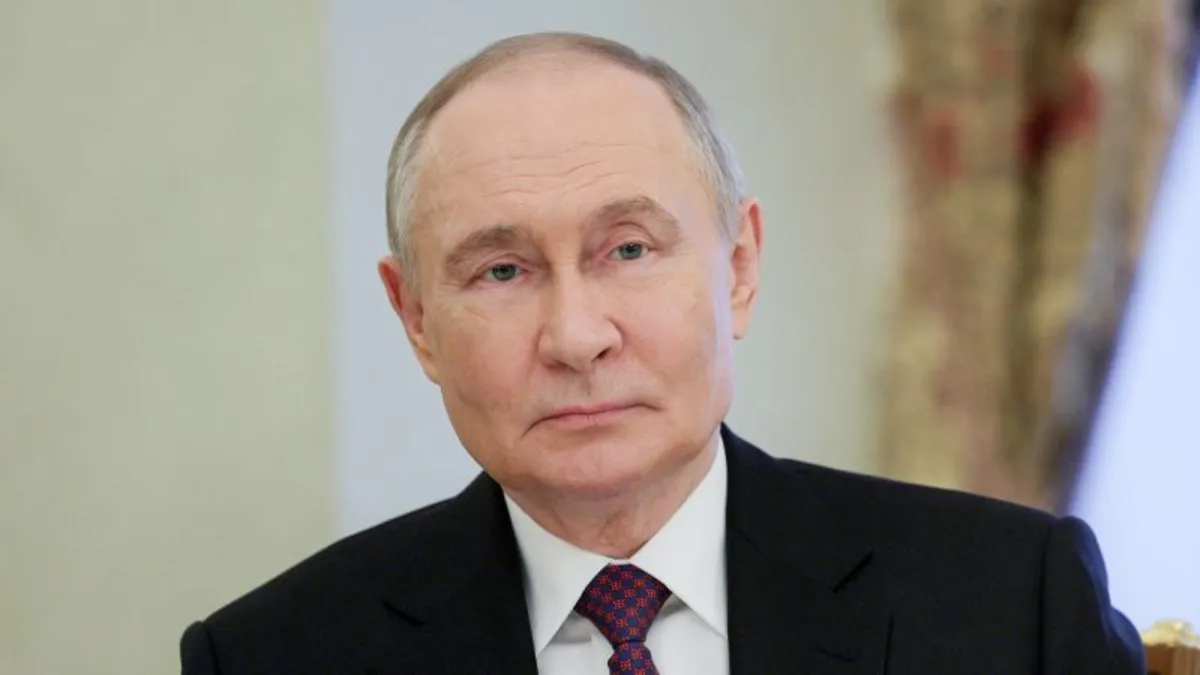
On May 8, Russian President Vladimir Putin announced a unilateral three-day ceasefire in Ukraine, coinciding with the commemorations of World War II Victory Day. The Kremlin confirmed this decision on Monday, citing “humanitarian considerations” as the driving force behind the ceasefire. According to the official statement, all military actions will be suspended from midnight on May 8 until midnight on May 11, allowing for a temporary respite in the ongoing conflict.
Victory Day, celebrated on May 9, marks the defeat of Nazi Germany and is a significant holiday in Russia. This year, the ceasefire is intended to honor the sacrifices made during the war and to foster a sense of peace, albeit temporarily. However, the announcement has been met with skepticism, particularly from Ukrainian officials.
An adviser to Ukrainian President Volodymyr Zelensky's office responded critically to Putin's ceasefire declaration, stating that “the ceasefire must be unconditional, because everything else is just Putin’s tactical games.” This comment underscores the mistrust between the two nations, as previous ceasefire agreements have often been violated.
In the past, Moscow has rejected a US proposal for a longer, 30-day ceasefire that was agreed upon by Ukraine. Just before Easter, Putin declared a 30-hour truce, a move that was met with skepticism from Kyiv. Despite agreeing to the truce, the Ukrainian military later accused Russia of carrying out over 2,900 attacks during the ceasefire period. Both sides have exchanged accusations of violating ceasefire terms, complicating the prospects for lasting peace.
This latest ceasefire announcement raises questions about the sincerity of Russia's intentions and whether it will lead to any meaningful dialogue or resolution in the ongoing conflict. As the situation unfolds, the world watches closely to see if this temporary pause in hostilities will serve as a stepping stone toward a more comprehensive peace agreement.
Contributions to this report were made by Daria Tarasova-Markina.